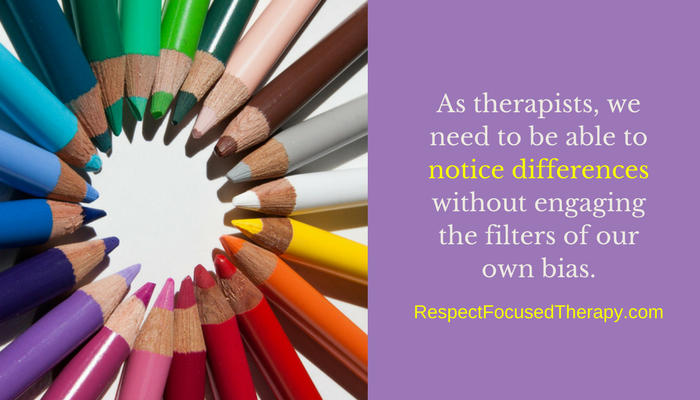Working with clients productively isn’t always an easy road. Clinicians frequently run into clients who are challenging, frustrating, maddening or otherwise pushing our emotional buttons in some fashion.
For example, there are clients who have their own anger issues and come in ready to pick a fight. They simply want to argue with us, and question our knowledge or expertise. There are clients who are passive-aggressive, are in denial of their addictions or simply don’t engage in therapy the way we would like in order to make the progress we wish for them. Then there are clients we just don’t like for some reason; they don’t share our values and don’t respect our time or our boundaries.
Often, the rule of wisdom is to refer such clients out so that they can find a better fit and get better care. But before you do that, I have a few suggestions for preparing yourself for your next session.
To begin with, check yourself. How are you feeling? Tired? Anxious? Hungry? Already dreading this appointment or preoccupied with something you’d rather be doing? What buttons are being pushed inside of you by this client? Spend some time slowing down and acknowledging your feelings. Breathe and try divesting yourself from feeling graded (even pass-fail) on the outcome of this session. This is your client’s session, not yours.

Then spend some time thinking about where your client is emotionally and cognitively. As I frequently say to interns, try going behind the curtain of the stage your client occupies to see the stagehands at work. What’s going on behind the behavior or attitudes you’re seeing and experiencing? Behind the anger is there fear or doubt? Behind the bluster is there insecurity or sadness? Is there a traumatized child puppeteer behind the puppet you see?
As you go into your session, attempt to drop all negative pre-conceptions, judgments and expectations into the trash can. Work with the person in front of you who is scared, sad, lonely or vulnerable from a place of authentic respect.

Respect-Focused Therapy (RFT) is a foundation on which all modalities and techniques used in therapy can be strongly grounded, in order to produce sound, effective outcomes. This approach offers clients the opportunity to gain experiential understanding of being respected, possibly for the first time, from the therapeutic relationship and then be able to heal old wounds by creating more respect for self and others in the therapeutic process.

